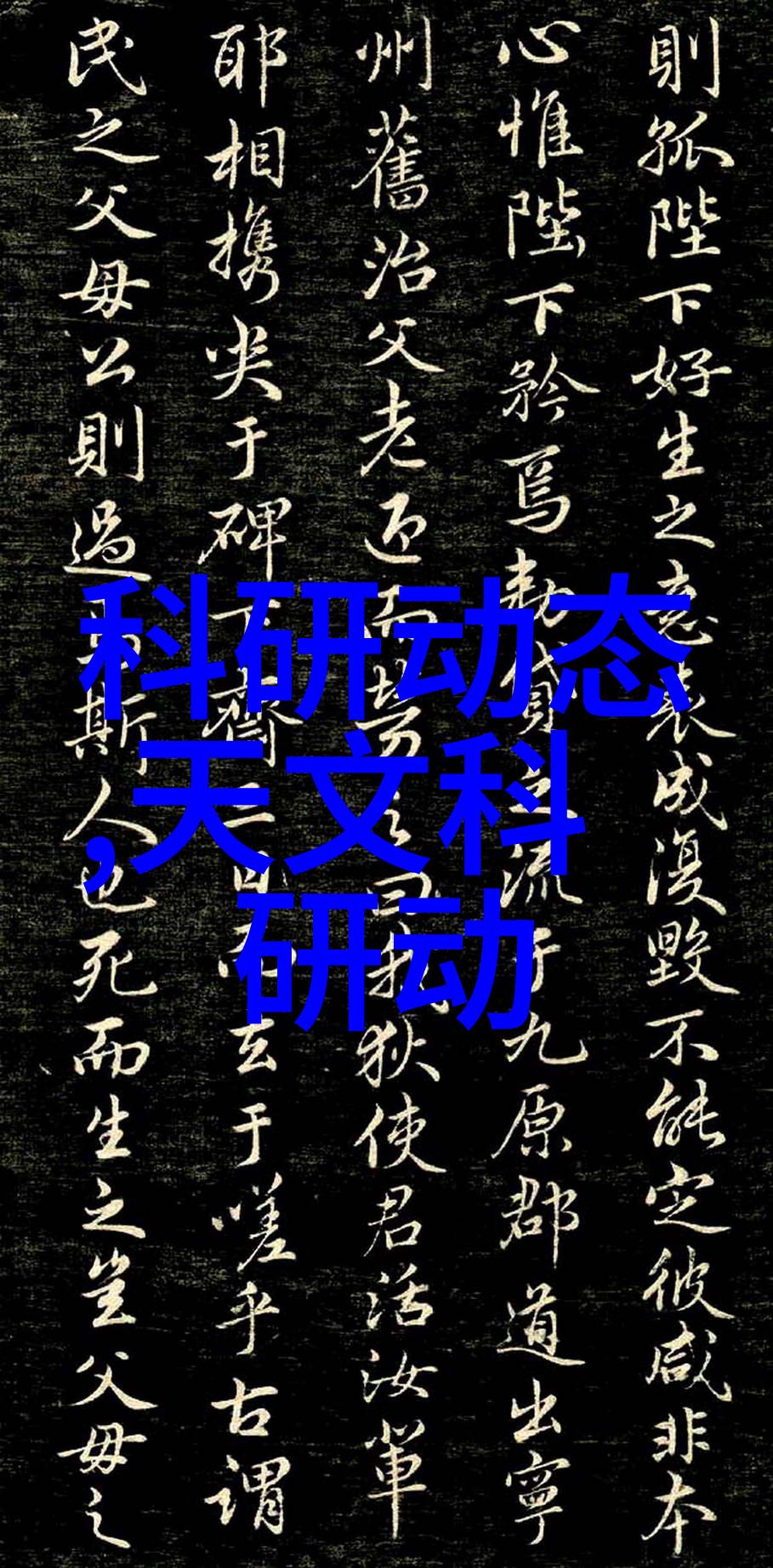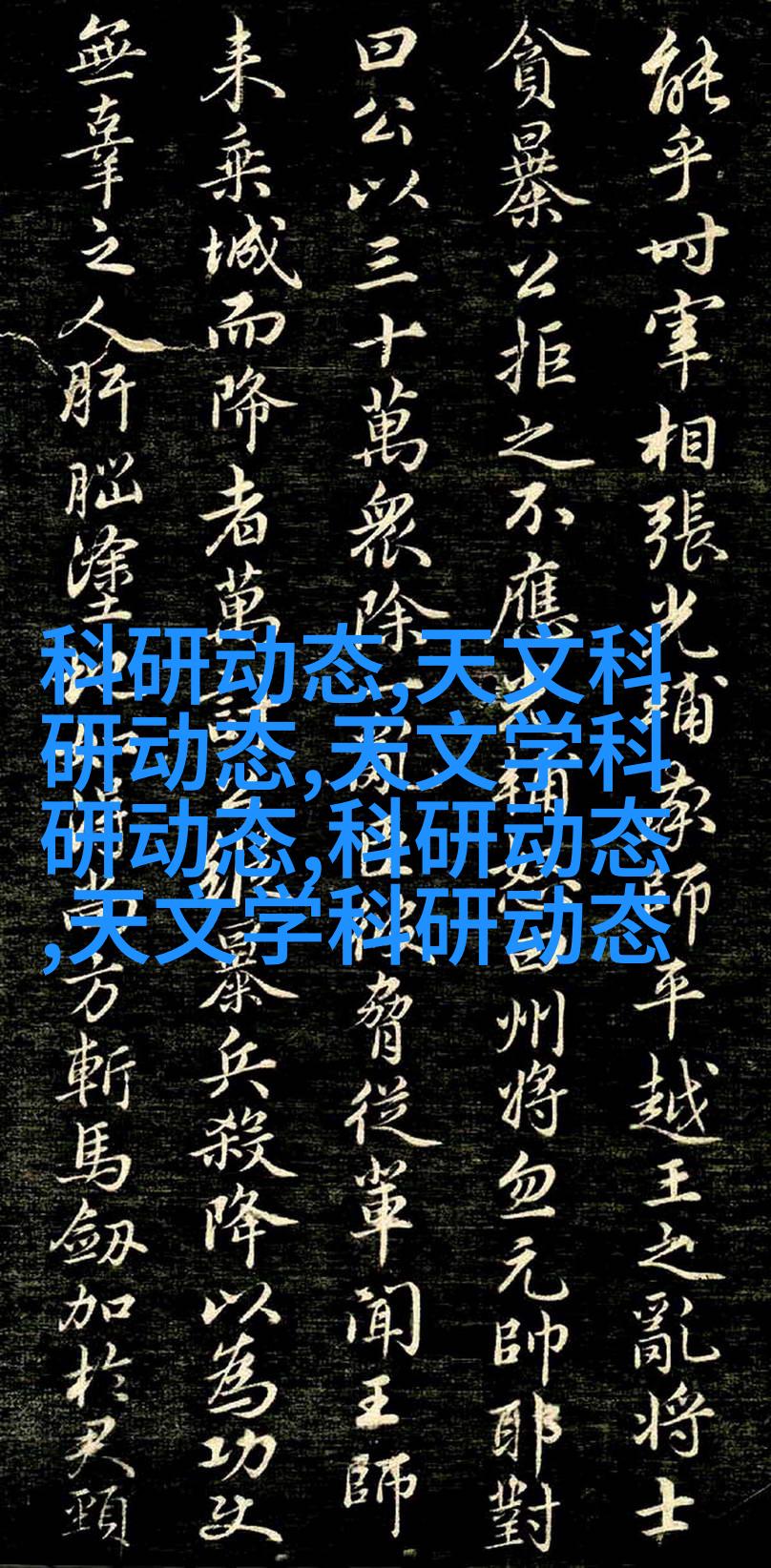1. 引言

Element UI 是一款流行的前端组件库,提供了丰富的UI组件来帮助开发者快速构建高质量的Web应用。其中,弹出层(Dialog)作为一个基本但功能强大的组件,在日常开发中扮演着不可或缺的角色。本文将深入探讨 Element UI 弹出层的多种用途,以及如何通过样式定制来满足不同的应用需求。
2. 弹出层基础使用

在 Element UI 中,弹出层主要用于展示信息、获取用户输入或者进行交互提示等。在实际应用中,我们可以通过简单地调用 ElDialog 组件并配置相应属性来实现基本功能。例如:
<el-dialog title="提示" :visible.sync="dialogVisible" width="30%" @close="handleClose">

<span>这是一段信息</span>
<span slot="footer" class="dialog-footer">

<el-button @click="dialogVisible = false">取 消</el-button>
<el-button type="primary" @click="dialogVisible = false">确 定</el-button>

</span>
</el-dialog>
<script>
export default {
data() {
return {
dialogVisible: false
};
},
methods: {
handleClose() {
console.log('关闭');
}
}
};
</script>
上述代码展示了一个最简化版本的弹出层,它包含标题、内容区域以及两个按钮供用户选择。
3. 弹出的不同类型与场景适配
a) 提示消息框:用于显示重要信息或警告。
<template v-if="$store.state.alert.message">
<el-dialog title="" :visible.sync="$store.state.alert.message.show"
custom-class='alert-message' width='30%'>
<span>{{ $store.state.alert.message.content }}</span>
<span slot="footer" class="">
<el-button type='danger' @click='$store.dispatch("dismissAlert")'>确定</el-button>
</span>
</el-dialog>
</template>
<script lang='ts'>
import { Component, Vue } from 'vue-property-decorator';
import store from '@/vuex/store';
@Component({
name: 'AlertMessage'
})
export default class AlertMessage extends Vue {}
b) 输入表单:用于收集用户输入,如用户名、密码等。
<template #default="{ attrs }">
<div :class="[attrs.class]" style={{ height: attrs.height }}>
<div ref= "inputBox">
<form action="#" method= "post">
<label for= "usernameInput">{{ i18n.username }}</label><br/>
<input id= "usernameInput" name= "usernameInput"
placeholder="{{ i18n.placeholderUsername }}"
required autofocus/>
<button type= "submit">{{ i18n.submit }}</button>
<p>{{ message }}</p>
{{#if error}}
<p>{{ error[0].message | translate }}</p>
{{/if}}
{{#each errors as error}}
<p>{{error[0].message | translate}}</p>
{{/each}}
<a href="/forgot-password">{{ i18n.forgotPasswordLinkText }}
( {{i18n.forgotPasswordHint}} )
</a></div></form></div></div><style scoped>/* Your CSS here */…//Your CSS here */…//Your CSS here /*
//Your CSS here /*
//Your CSS here /*
//CSS styles for the input box and form elements.
## 使用Vue Router处理路由跳转和参数传递
当需要在不同的页面之间传递数据时,可以使用Vue Router中的params属性对参数进行传递,并且在对应页面中使用$route对象访问这些参数。
### 样式定制与主题适配
为了使弹窗更符合项目风格,可以通过自定义类名来自定义外观。下面是一个例子:
```css
.el-popup-parent--cover .popper__arrow:before{
background-color: transparent;
}
.popper .popper__arrow::before{
border-top-color:#fff;
}
.popper[x-placement^='top']>.popper__arrow::after,
.popper[x-placement^='top']>.popper__arrow::before{
border-top-color:#fff;
}
结论
本文旨在介绍Element UI 的弹窗组件及其多样的用途及样式定制方法。这对于提升我们日常开发中的工作效率和产品美观性至关重要。如果你正在寻找一个既易于使用又具有强大功能性的前端UI解决方案,那么Element UI无疑是你的不二之选。此外,了解如何根据具体需求进行个性化设置,将极大地提高我们的项目质量,从而为用户带来更加优质体验。
以上就是关于Element UI Dialog组件的一些核心概念和实践技巧。希望能为你提供一些有用的指导,如果还有其他问题或需要进一步详解,请随时提问!



